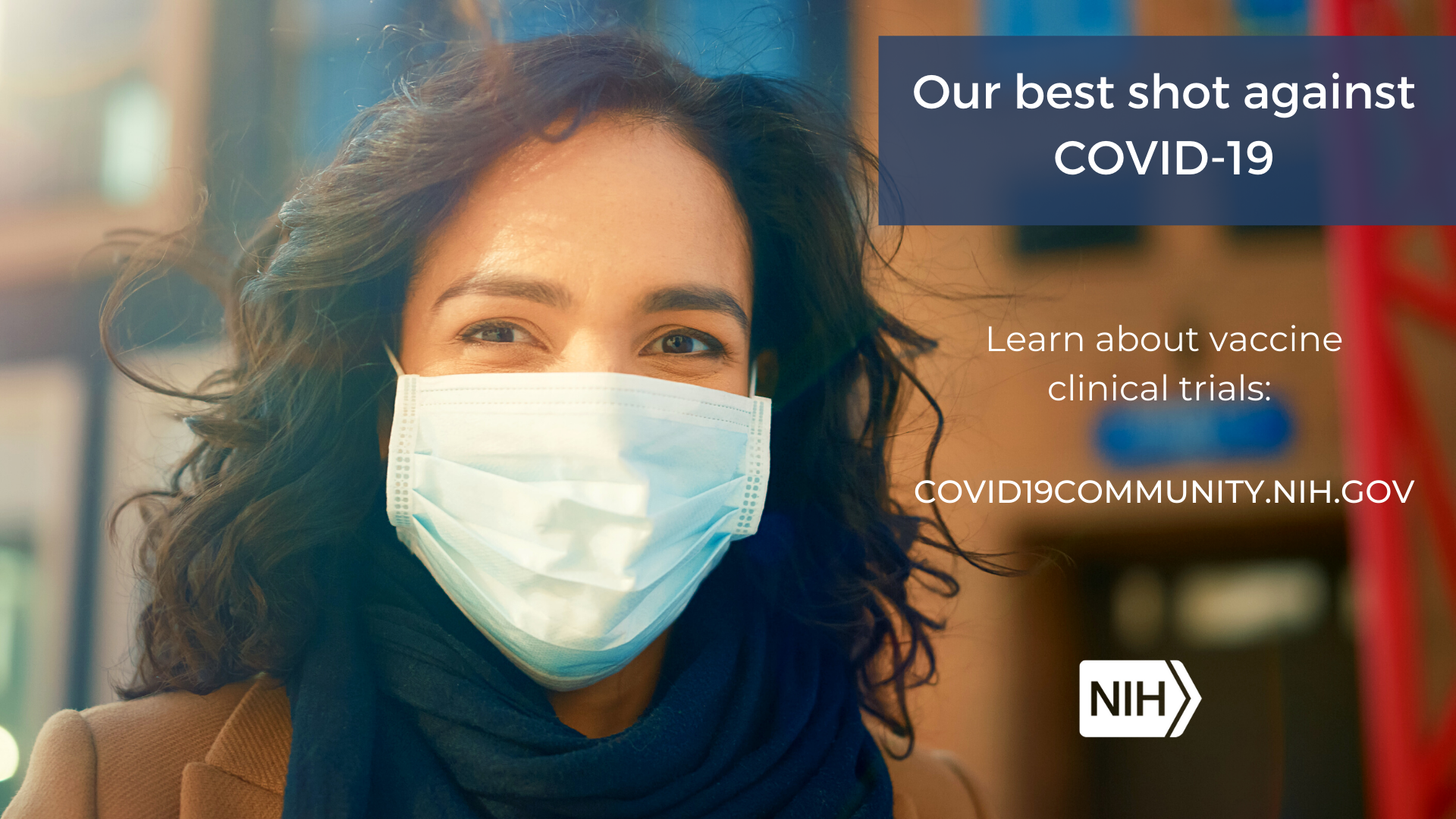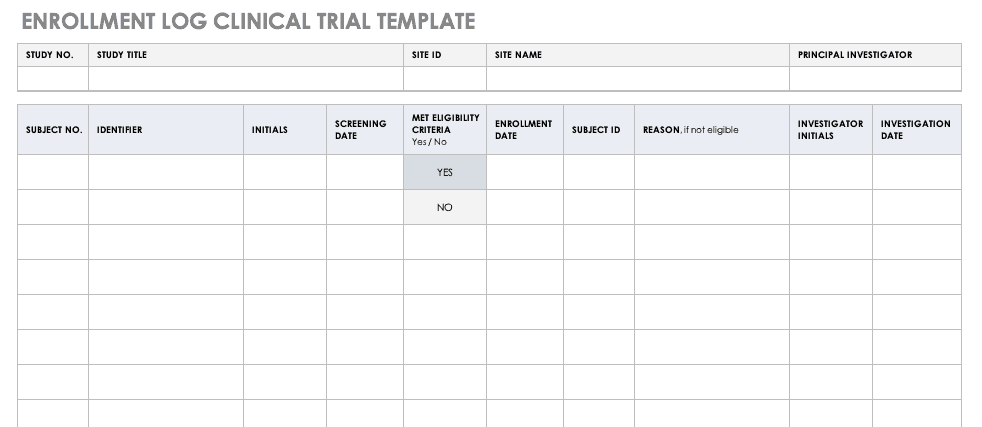

The specific mRNA sequences contained in the vaccines were designed and developed by investigators at the NIAID-funded Scripps Consortium for HIV/AIDS Vaccine Development (CHAVD) at the Scripps Research Institute and the Bill & Melinda Gates Foundation-funded IAVI Neutralizing Antibody Center at Scripps, in collaboration with scientists at Cambridge, Massachusetts-based Moderna, Inc. None of the three vaccine candidates can cause HIV infection. Each of the experimental vaccines encodes for different but highly related, stabilized proteins. Each investigational vaccine candidate is designed to present the spike protein found on the surface of HIV that facilitates entry into human cells. The HVTN 302 study will examine whether the following three experimental HIV mRNA vaccines are safe and can induce an immune response: 1) BG505 MD39.3 mRNA, 2) BG505 MD39.3 gp151 mRNA, and 3) BG505 MD39.3 gp151 CD4KO mRNA. “With the success of safe and highly effective COVID-19 vaccines, we have an exciting opportunity to learn whether mRNA technology can achieve similar results against HIV infection.”Īn mRNA vaccine works by delivering a piece of genetic material that instructs the body to make a protein fragment of a target pathogen (such as a virus), which the immune system recognizes and remembers, so it can mount a substantial response if later exposed to that pathogen. “Finding an HIV vaccine has proven to be a daunting scientific challenge,” said Anthony S. NIAID is sponsoring the study, called HVTN 302, and the NIAID-funded HIV Vaccine Trials Network (HVTN), based at Fred Hutchinson Cancer Research Center in Seattle, is conducting the trial.

FREE CLINICAL TRIALS NIH TRIAL
The National Institute of Allergy and Infectious Diseases (NIAID), part of the National Institutes of Health, has launched a Phase 1 clinical trial evaluating three experimental HIV vaccines based on a messenger RNA (mRNA) platform-a technology used in several approved COVID-19 vaccines. Q&A on Refining NIH’s HIV Clinical Trials Enterpriseįor information about the refinement of the HIV clinical trials enterprise, view FOAs and resources, videos, and blog posts.Scanning electron micrograph of an HIV-infected H9 T cell.

Clinical Trials Units and Clinical Research Sites.NIAID News Release: NIH Announces Restructured HIV Clinical Trials Networks.

The following resources may be of particular interest: Learn more about the HIV/AIDS clinical trials networks and the network refinement process with the resources and information available on this site. Following peer review of applications responsive to these FOAs, NIH awarded a total of 47 cooperative agreements in November 2020. In May 2019, NIH released a FOA for HIV/AIDS CTUs. In January 2019, NIH released six Funding Opportunity Announcements (FOAs) inviting applications on HIV prevention, therapeutic, and vaccine networks laboratory centers and statistical and data management centers. These conversations helped shape the focus and priorities of NIH’s HIV/AIDS clinical trials networks through 2027. NIH began the current renewal process in 2017, embarking on conversations with stakeholders and the research community to define the questions that will drive the next wave of HIV treatment and prevention innovation, and set in motion the process by which we may seek answers to those questions. and international institutions selected as HIV/AIDS clinical trials units (CTUs).Įvery seven years, NIH competitively renews its funding of the HIV/AIDS clinical trials networks. In November 2020, the National Institutes of Health announced the clinical investigators and institutions that will lead four HIV/AIDS clinical trials networks over the next seven years to conduct the innovative, efficient clinical research needed to accelerate progress against the HIV pandemic.


 0 kommentar(er)
0 kommentar(er)
